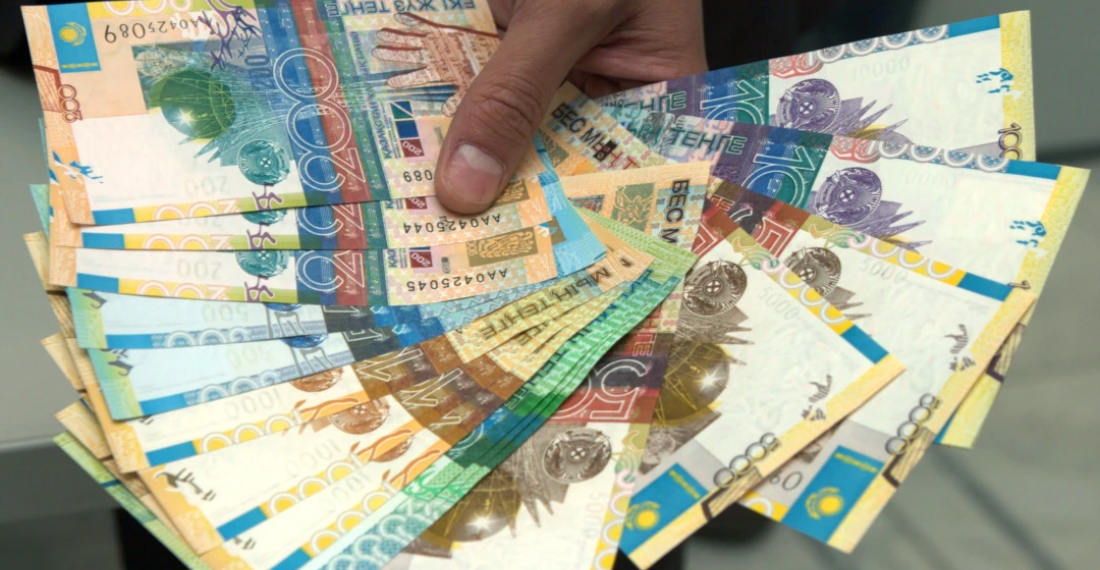The government of Kazakhstan has announced that it intends to withdraw from a 1995 agreement on measures to ensure the mutual convertiblity and stabilisation of exchange rates of the Russian ruble and Kazakh tenge.
A draft resolution compiled on Friday (6 January) said the Kazakh government intends to, "denounce the agreement between the Government of the Russian Federation, the Bank of Russia and the Government of the Republic of Kazakhstan, the National Bank of the Republic of Kazakhstan on measures to ensure mutual convertibility and stabilisation of the exchange rates of the Russian ruble and the Kazakh tenge, made in Moscow on January 20, 1995."
A summary of the draft resolution added that the agreement in question had "lost its relevance". The original resolution in Russian can be read here. The document also instructs the Kazakh Ministry of Foreign Affairs to notify the Russian government of its intention to withdraw from the agreement.
The Kazakh government's decision to withdraw from the 28-year old currency agreement comes as Kazakhstan and Central Asia as a whole seek to divest themselves of Russian influence in favour of developing ties with neighbours to the west and east, notably the EU and China.
Ever since Russia became bogged down in its full-scale invasion of Ukraine, Russia has found it increasingly difficult to assert itself across the post-Soviet space, including in Central Asia.






